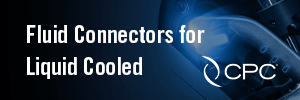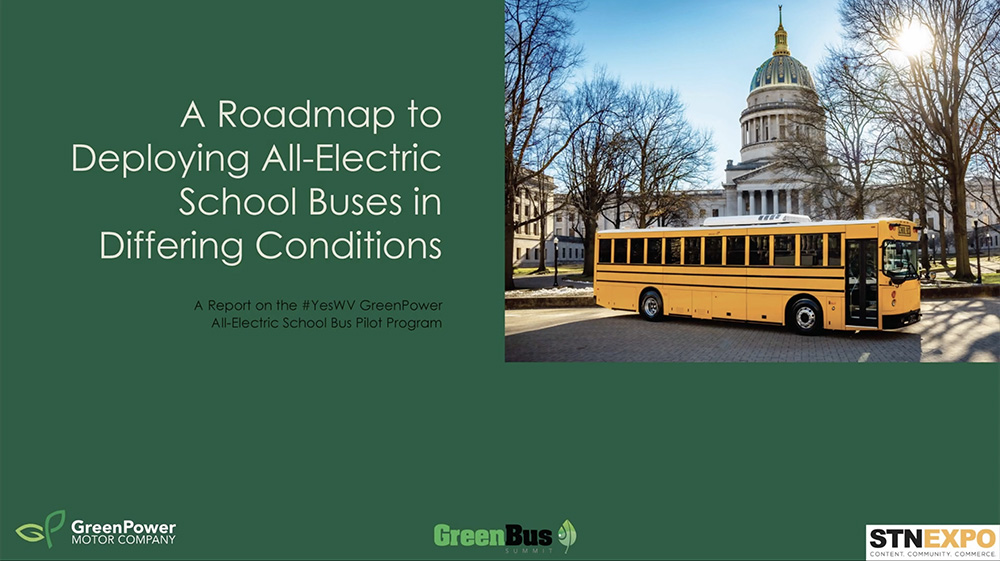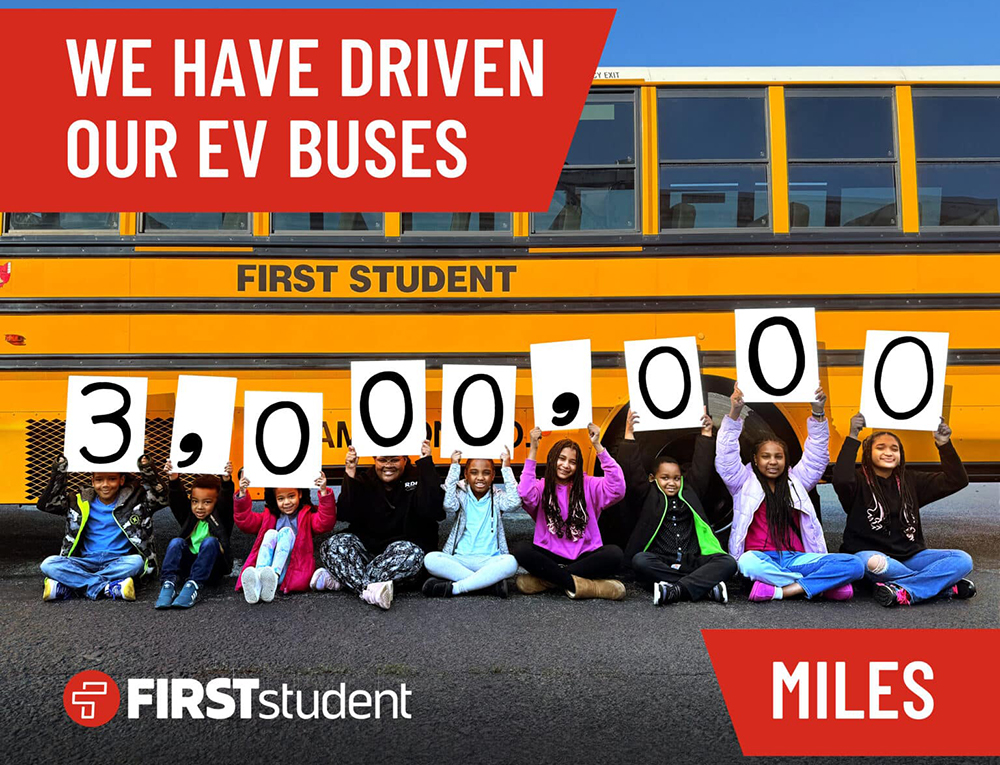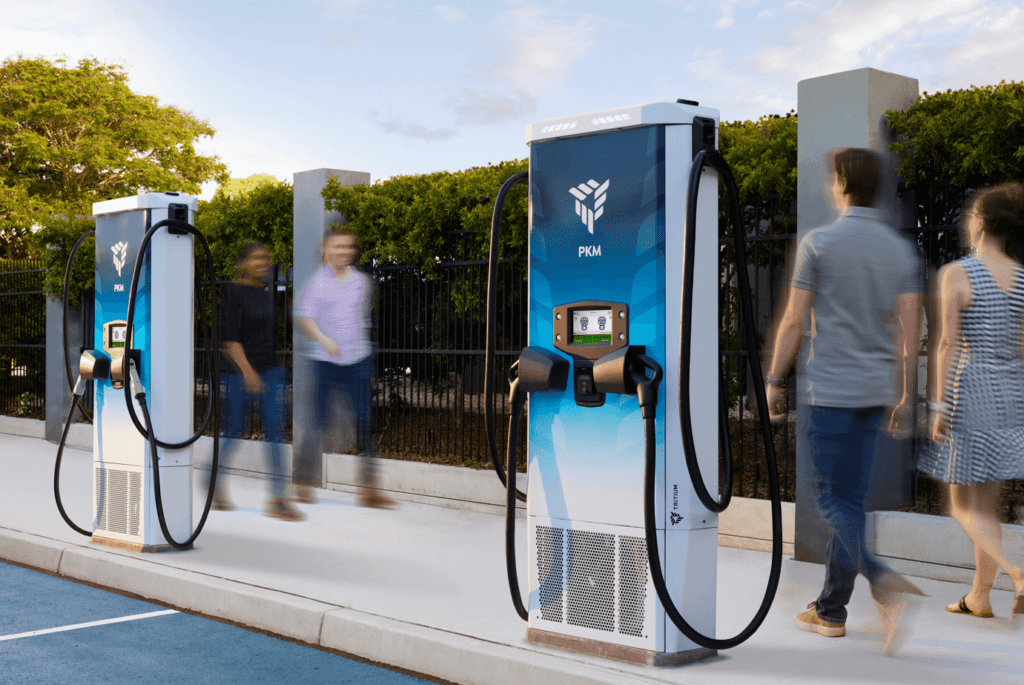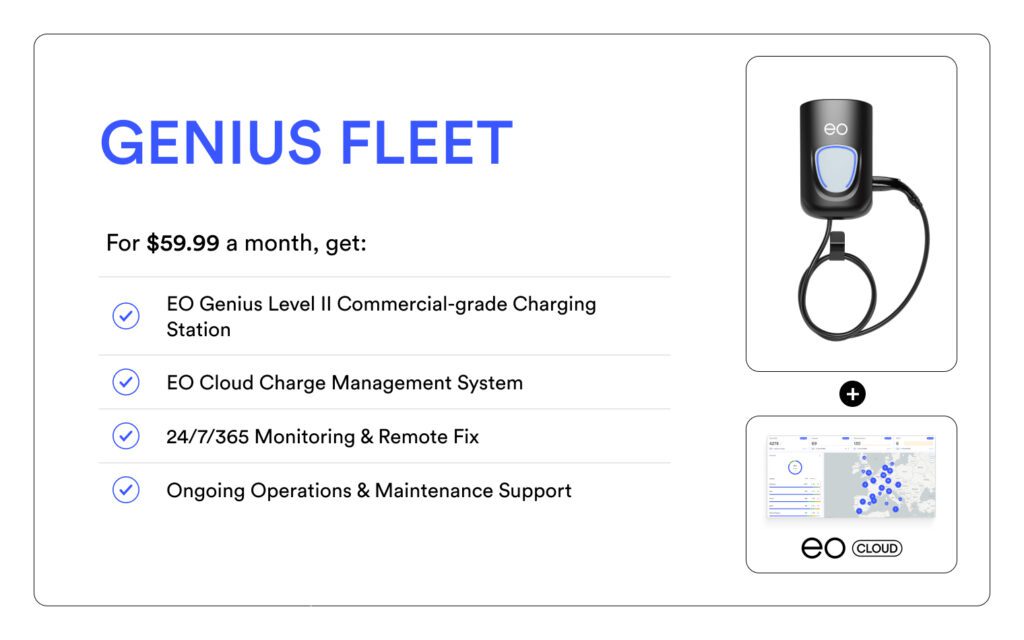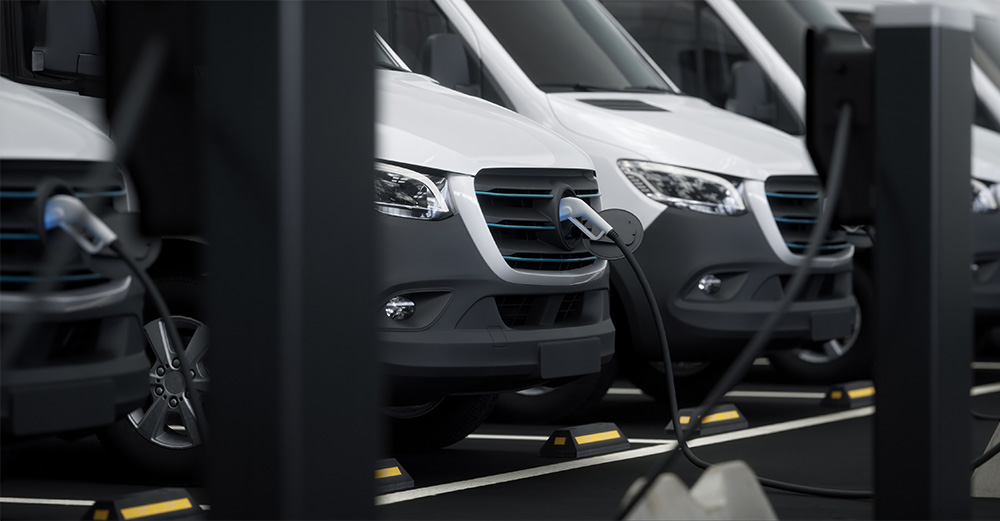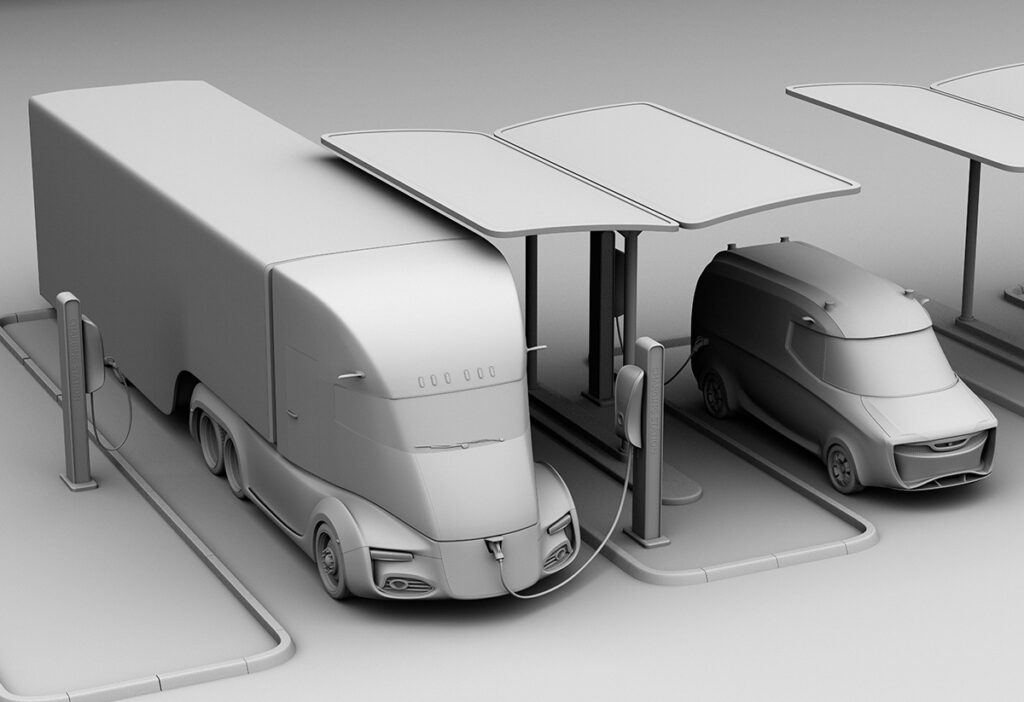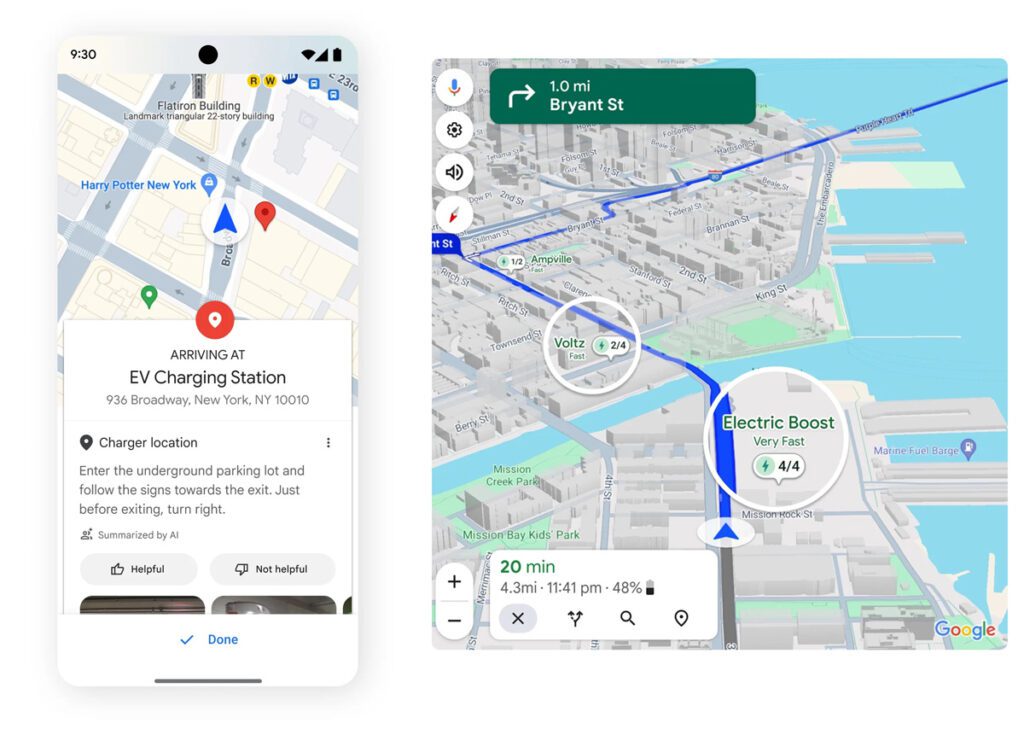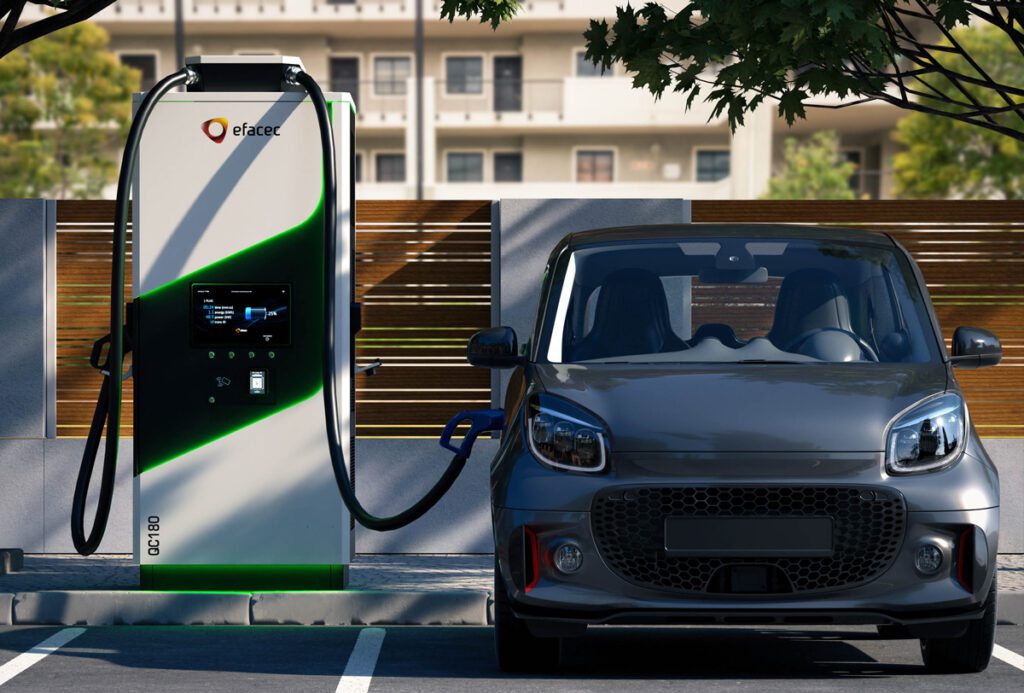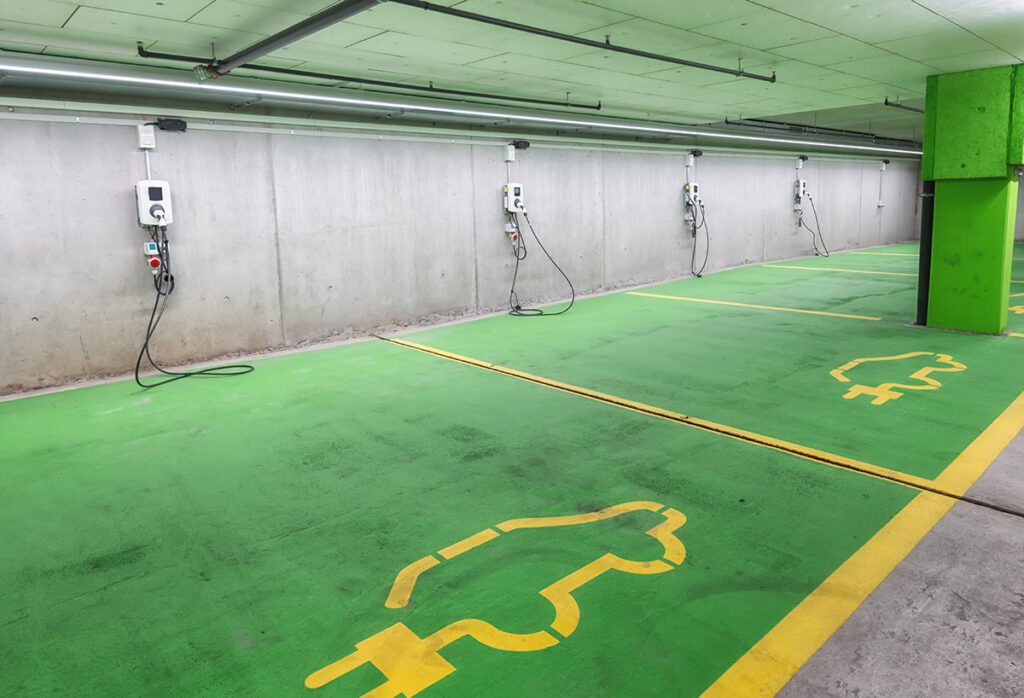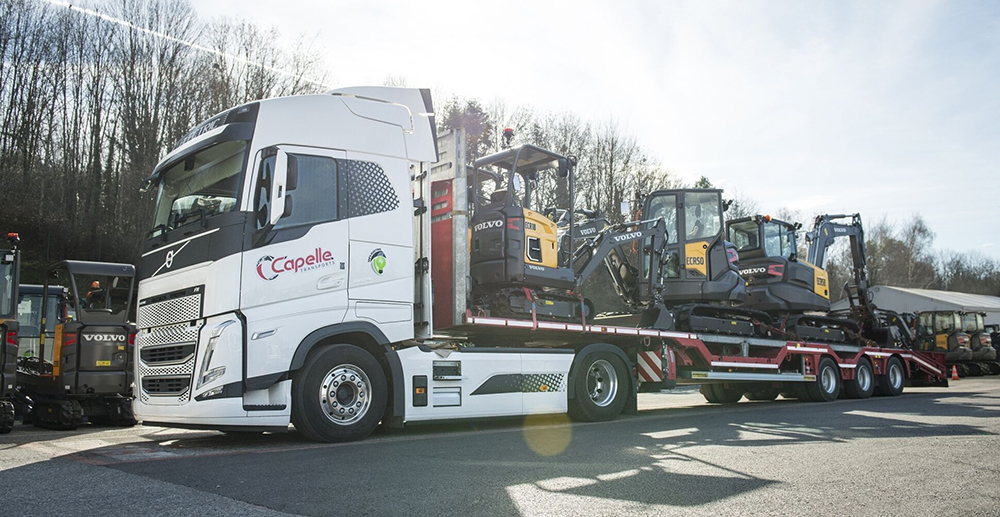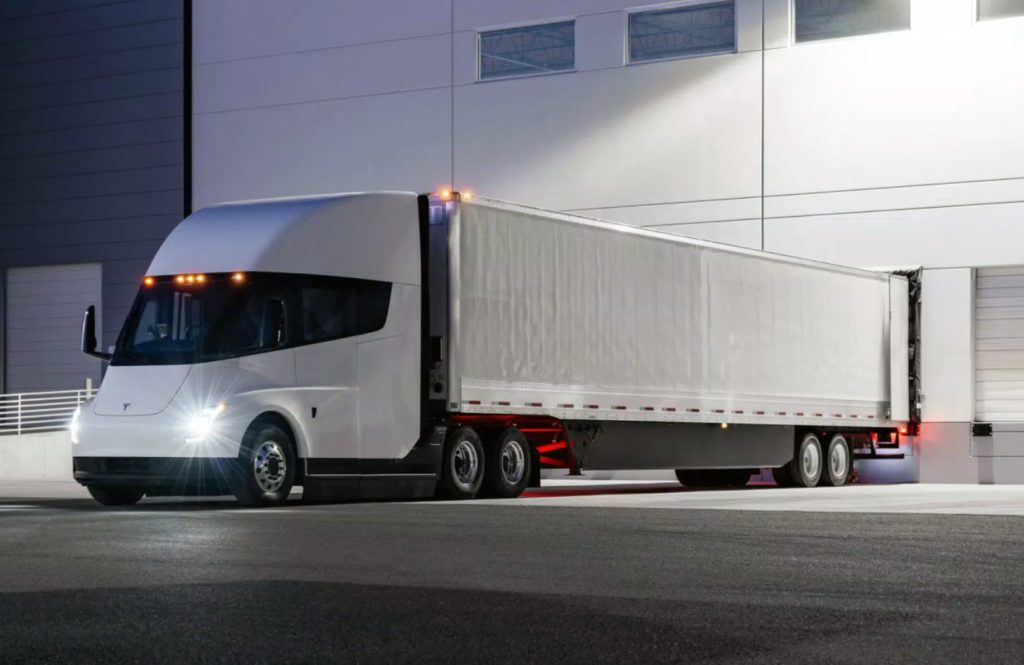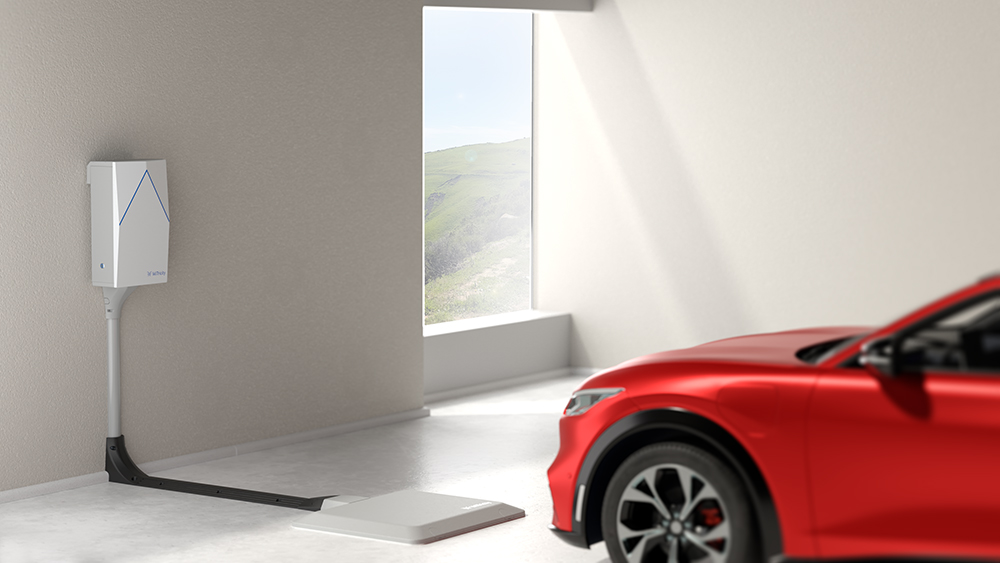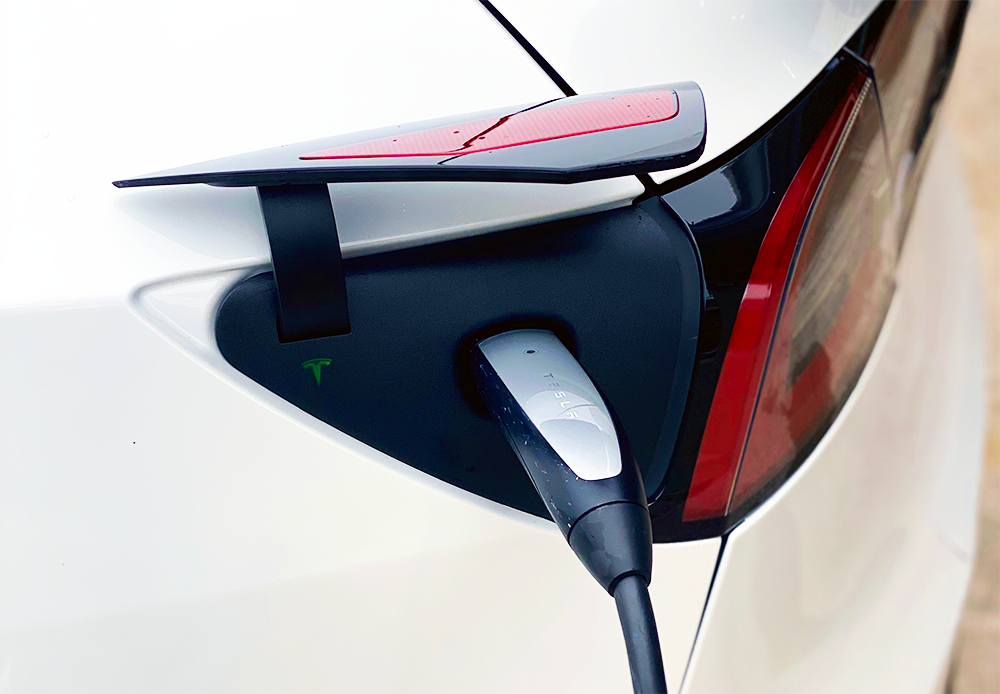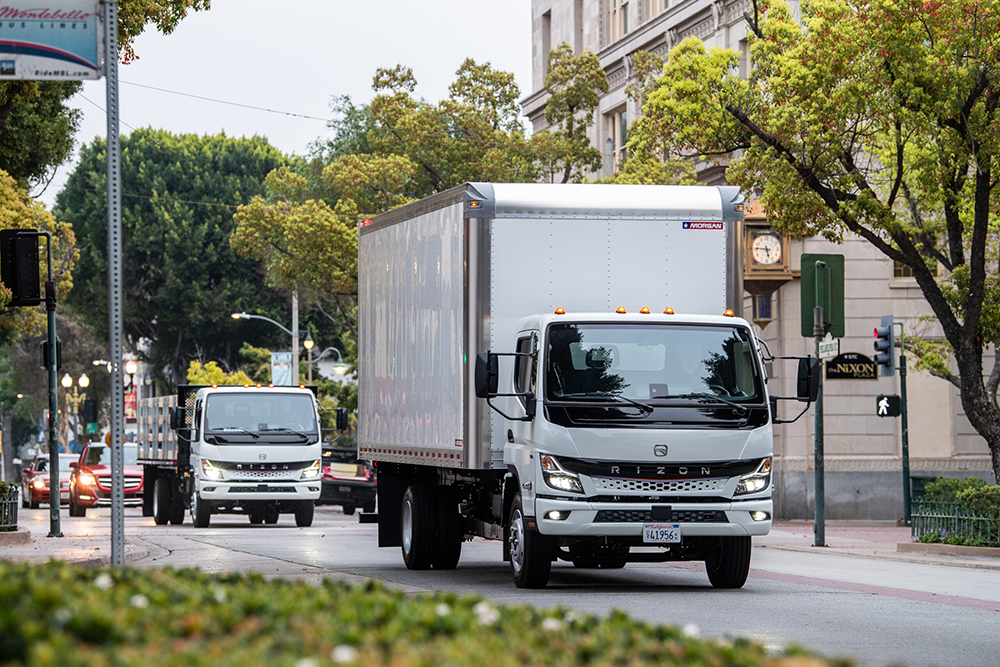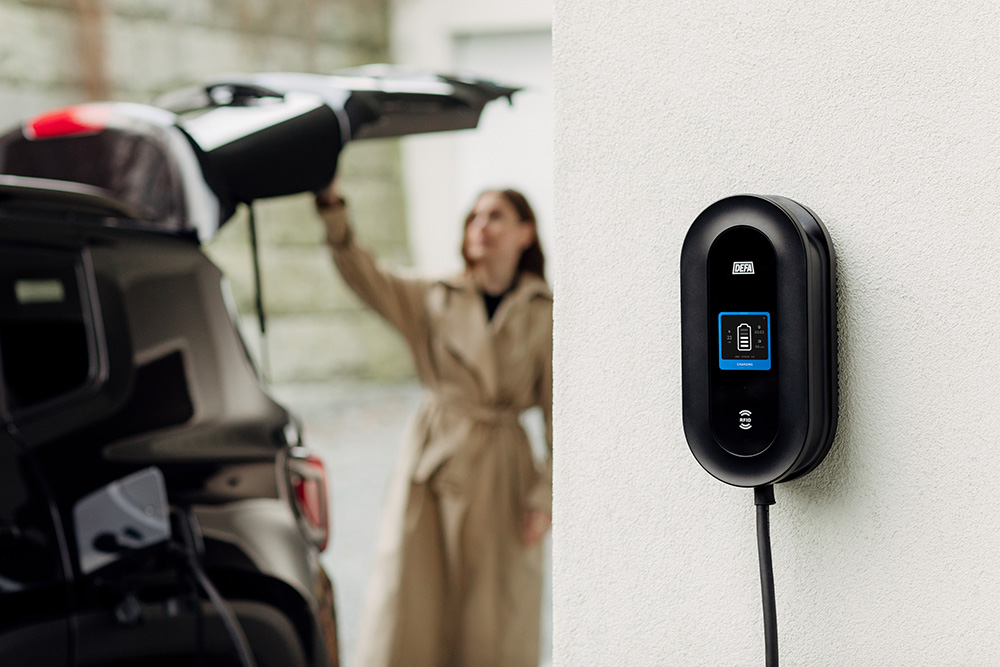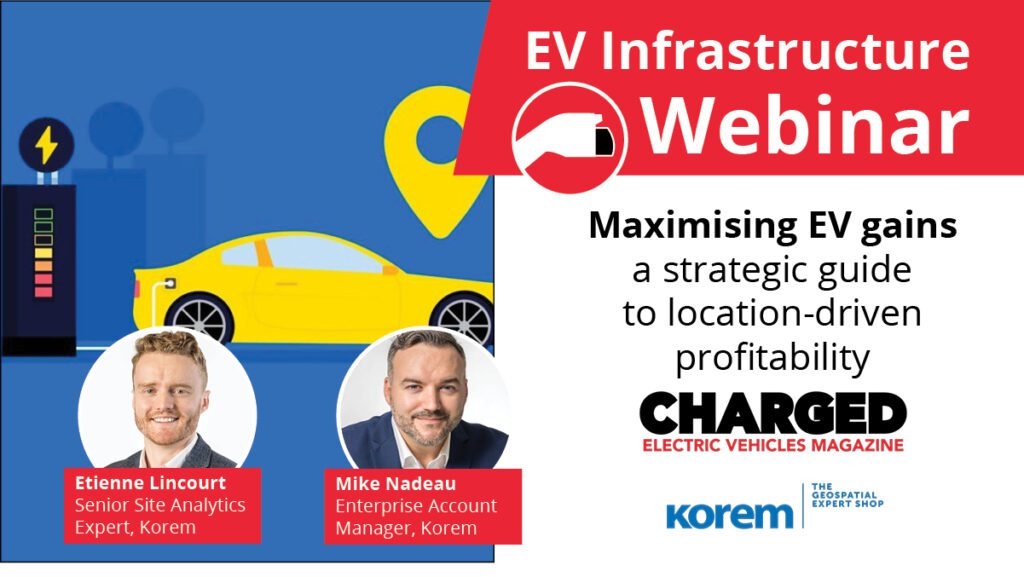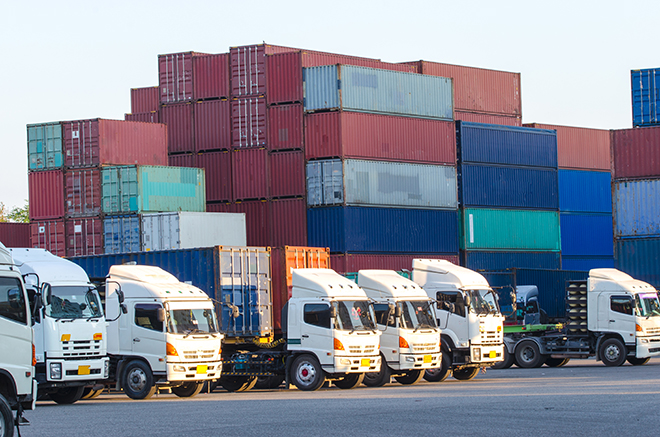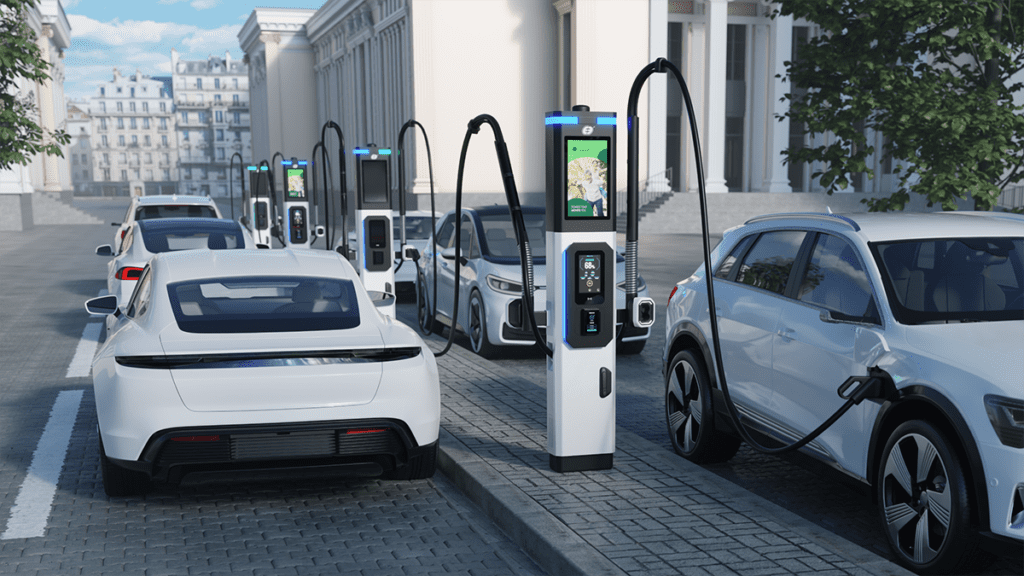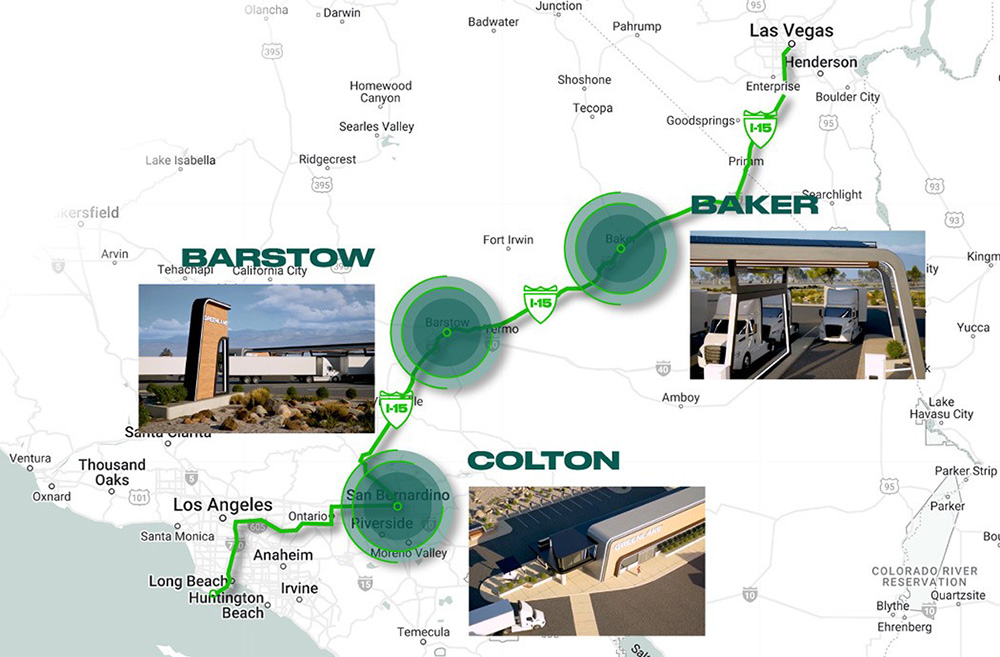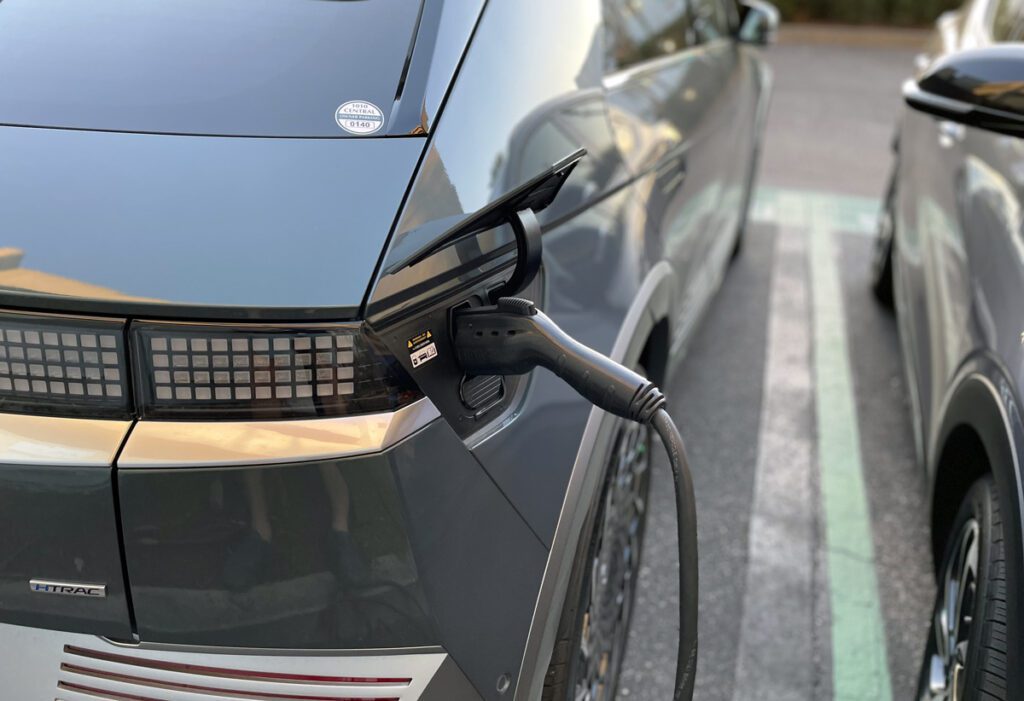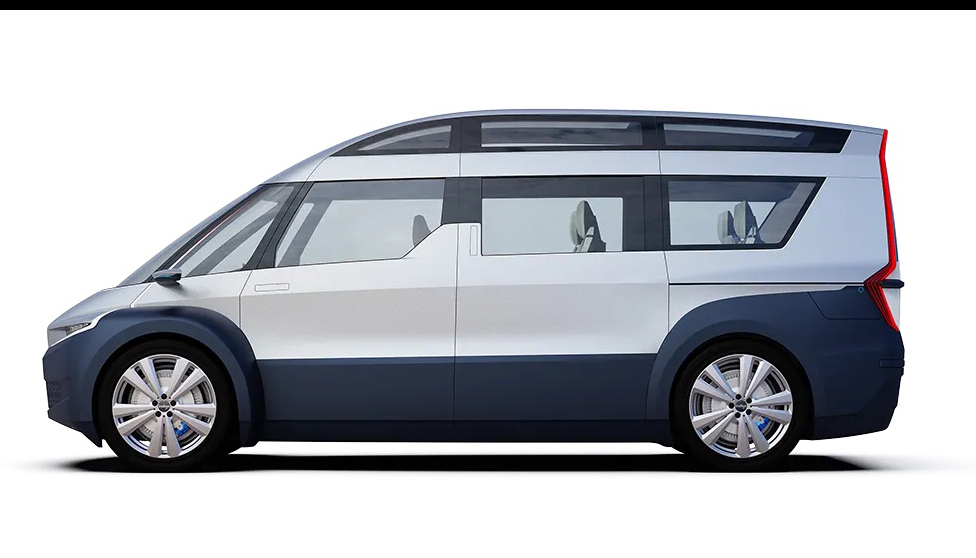GreenPower Motor Company, a manufacturer of medium- and heavy-duty EVs, recently announced the results from an electric school bus pilot program in West Virginia (a successful pilot, as it resulted in school bus orders for the company). GreenPower shared its findings at the recent Green Bus Summit in Reno, Nevada.
The nine-month pilot program covered more than 32,000 miles in 18 counties (a third of the school districts in the state). More than 100 professional drivers drove the GreenPower Type D BEAST and Type A Nano BEAST during the pilot, and provided feedback and recommendations at the conclusion of each round.
“The GreenPower all-electric school buses did what they were supposed to do throughout the entire pilot,” said GreenPower VP of Business Development and Strategy Mark Nestlen. “The buses transported the kids to school in the morning, home safely at night, and in some cases, on to football games or other extracurricular activities. There was no case [in which] the buses failed to perform or to meet the demands of the school districts and drivers.”
“If it can work in West Virginia, it can work in your state,” said Delegate Christopher Toney, a school bus driver in Raleigh County who is also the Vice Chairman of the West Virginia House of Delegates Committee on Education. “We were not easy on it. We didn’t cherry-pick a route. We told drivers and counties to put it on routes where it was going to be put to the test.”
“For the most part our drivers liked the bus,” said Dr. Tom Williams, Superintendent of the Kanawha County School District. “They loved the braking; they loved the turning radius of the bus. Our kids thoroughly enjoyed the quiet, smooth ride and no diesel smell, along with the technology aspect. The mechanics appreciated it. It’s very, very low maintenance. It was just a good experience for our county and we ended up purchasing a GreenPower all-electric BEAST school bus.”
The pilot covered the entire school year, multiple seasons and some of the harshest weather and terrain the state has to offer.
“The vehicles in this pilot were put through the wringer, facing weather ranging from single-digit temperatures to mid-80s, with some days starting in the teens and ending in the 50s,” said Fraser Atkinson, CEO of GreenPower. “They weathered sun, rain, ice and snow while successfully navigating mountainous roads with up to 9% grades. Both the BEAST and Nano BEAST managed, without incident, West Virginia’s famously difficult roads, often having to traverse gravel, dirt and one-lane roads.”
Some key findings from the pilot project:
- In ideal conditions, the range for the electric buses was 140 to 150 miles. On one occasion, a BEAST achieved 167 miles total range.
- School districts demonstrated significant operational savings over legacy diesel-fueled buses. Boone County spent just $200 per month in electricity, compared to $900 a month for a typical diesel bus—which would translate into fuel savings of $136,000 over 10 years. (Total savings are expected to be much greater when operational and maintenance costs are included.)
- Using heaters reduces range. Aggressive use of heat on extremely cold mornings reduced the range in some cases by more than 30%. However, air conditioning use did not show a material impact on range.
- Changes in elevation did not significantly affect the vehicle’s range. While uphill driving will deplete the battery faster than flat terrain, downhill segments restore energy to the battery through regenerative braking.
- All vehicles were charged with temporary Level 2 chargers provided by a number of vendors. While Level 2 charging proved to be largely adequate for this pilot, cold weather and other conditions suggested that DC fast charging is necessary as an option.
- Reporting software provided notifications when power surges or other charging disruptions occurred, allowing them to be rectified in a timely manner.
Source: GreenPower


